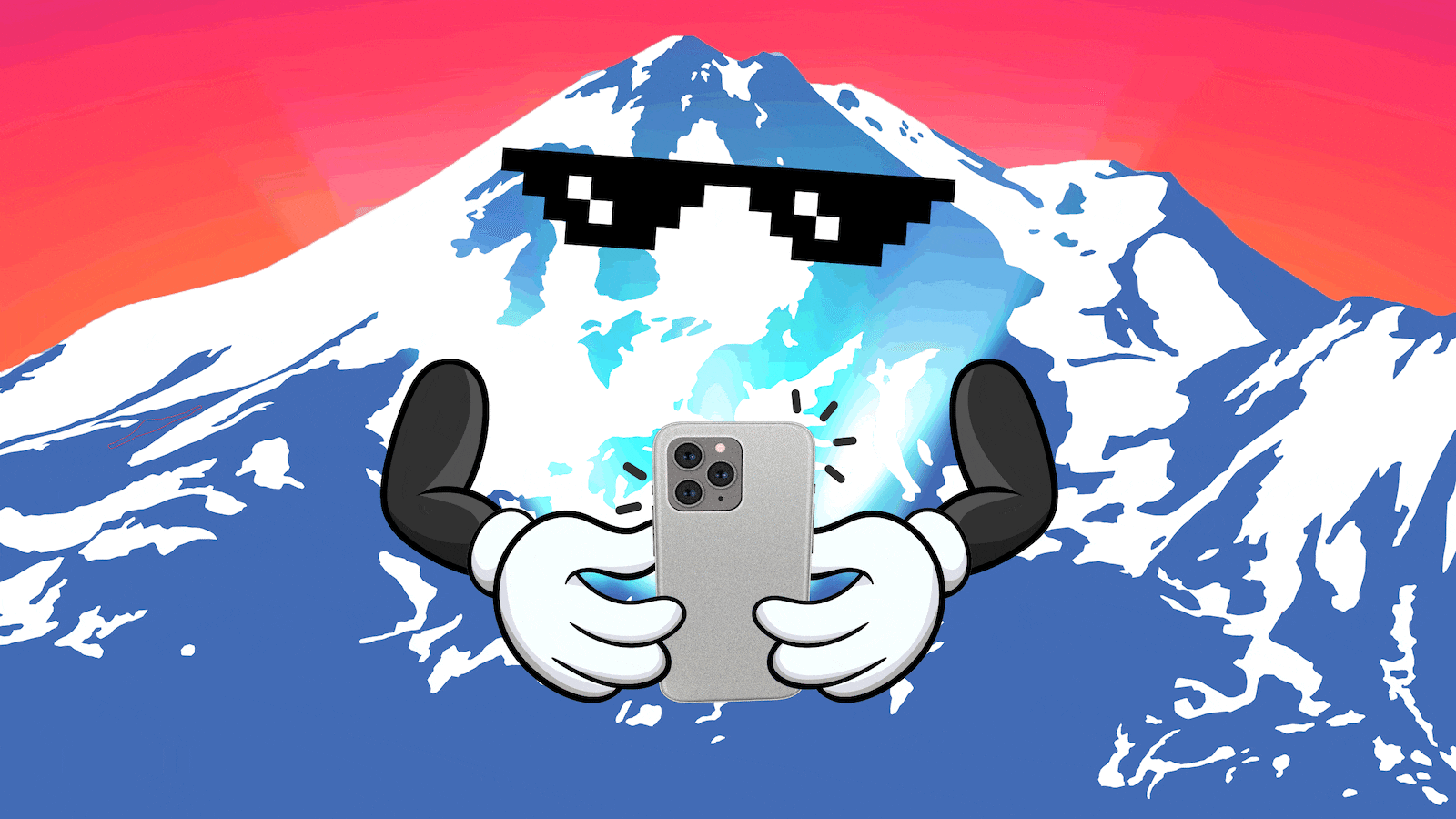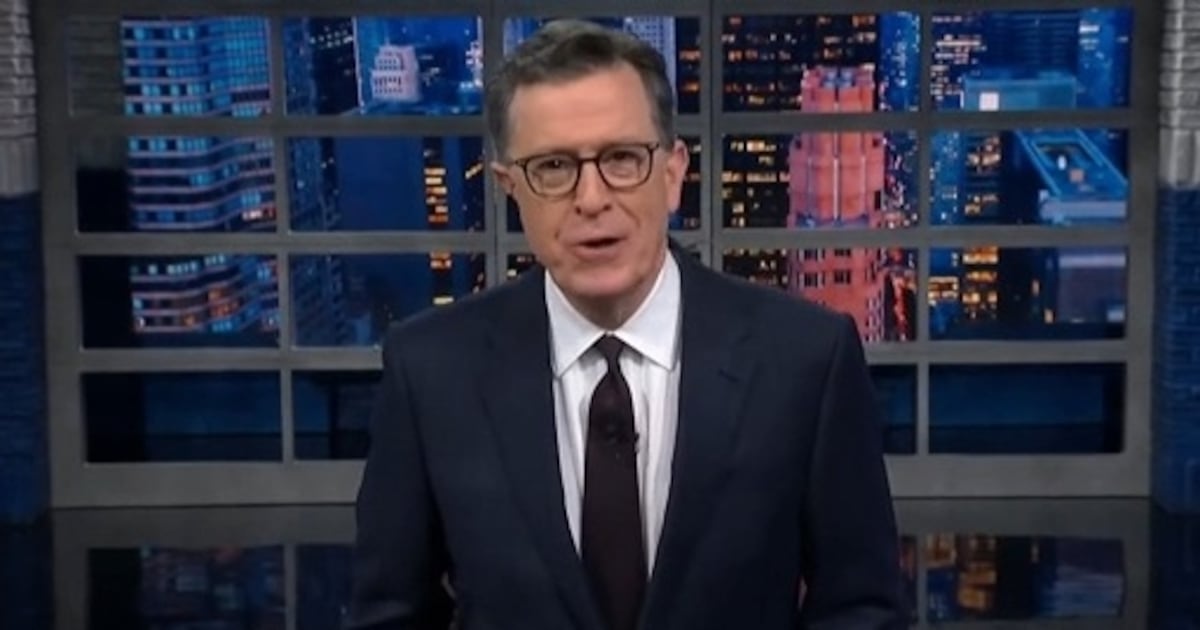As we doomscroll and even sometimes hopescroll our way through brat summer into election season, it’s always nice to have a little humor to break up the unprecedented events.
Unfortunately, I find it hard to commit to a single individual for that job these days. It seems every three minutes an author, comedian, actor, etc. that I previously enjoyed has done something awful, and now I can’t like them anymore because, even if I look at the work itself, I’m doing so in spite of the bad human associated with it.
But you can’t cancel a land mass.
Natural features of the Earth have no genitals with which to commit alleged crimes. Therefore, I get most of my comedic relief these days from various social media accounts dedicated to the great outdoors.
First on the list, and probably the most prominent, is the social media for the National Park Service on both Instagram and Twitter, the two places I follow them, though they also have a YouTube channel and Facebook page.
Whoever is running this account is delightful, mixing what might be called “dad jokes” with funny memes featuring their parks and animals. They are remarkably well-attuned to pop culture for a government agency, referencing songs, characters, movies, and TV. They lovingly make fun of us silly humans for our failures in our forays into nature, such as our fear of spiders and inability to hike properly. They are apolitical, which is probably for the best.
I feel like we would be friends. Specific national parks don’t seem to have the same manager, because they’re pretty straightforwardly helpful accounts geared toward visitors, though points to the Grand Canyon for its Jurassic Park reference.
While the National Parks account is the official agency’s account, a crop of parodies have popped up across the social media landscape. As a Pacific Northwesterner, I stumbled upon the social media parody account for our most famous volcano, Mt. St. Helens. I especially like when they make fun of “the other big Washington mountain,” Mt. Rainer, a self-described badass.
Via DM, the human who posts on behalf of the mountain (who would like to remain anonymous) said, “I love the idea of blending nature with humor to make learning about the environment more enjoyable.” The account holder says the mountain’s glib and resilient personality is “a combination of wit, humor, and a bit of sass, reflecting both its geological history and its ongoing story of regeneration.”
Since I enjoyed the St. Helens content, I wanted to find similar accounts, which led me to my local mountain, Mt. Hood, who is “hotter than me.” While not an overly humorous mountain, nearby Mt. Shasta manages some humor in their bio. The list goes on, with more and more parody accounts coming to my attention as I train my algorithm to include these land masses among the latest actual news as well as thoughts on if Aaron Tveit is doing the opt-up now that he’s back in Moulin Rouge (he did!).
I couldn’t help but wonder what other geographical features had snarky comments about each other and the state of the world. Nature did not disappoint.
The Mariana Trench, which has a spooky It-inspired bio, has some things to say about gun control, and the San Andreas Fault got in on the news cycle after Sunday’s Biden announcement. Yellowstone itself lacks zest, but the parody accounts for the Yellowstone Caldera and Supervolano are on it. Lake Tahoe likes to riff and each of the great lakes seems to have their own parody account.
If you need to venture out of single land masses and want to get in touch with the animal kingdom, may I suggest Whale Fact, whose Instagram mutuals include National Geographic and Kristen Bell? The accounts across platforms (including Threads! Not that anyone is there to see it—I’m kidding, there are dozens of you) sometimes has, you guessed it, whale facts, albeit pretty obvious ones, such as “whales are pretty fuckin big.” They also make humorous observations on political figures and offer to cause a ruckus via eating people. (Whale fact: Whales don’t eat people.)
There are other animal accounts, such as Gators Daily, which seem pretty tuned into the culture, but I prefer the whales personally, because gators are as close to be cancelable as a creature can get due to them living in Florida.
All in all, these landforms and animals present themselves as lil troublemakers, liable to cause a natural disaster at any given moment.
For example, on Tuesday, when Biscuit Basin in Yellowstone exploded, surprising guests who fled from the burst, Mt. St. Helens wasted no time and commented, “Baby back bitch.” The Supervolcano account asked, “Please respect my privacy during this difficult time” to which the San Andreas account said, “Taco Bell happens.” Yellowstone trended for a while on Tuesday and the Washington Emergency Management account (an official account not a parody) praised their volcanos for “just sitting there. Being good,” which, of course, Mt. St. Helens had to comment on.
I will say, as someone who grew up experiencing the power of the San Andreas Fault (notably during the 1989 World Series), I know that seismic events and volcanic eruptions are not laughing matters. It is helpful to get actual tips from national parks. However, in this dark and twisty timeline, sometimes this kind of gallows humor hits just right.
Mt. St. Helen’s account holder says the humor in personifying a land mass is based on the “unexpected and shock and awe factor for people who randomly come across the page.” They say being able to interact with the mountain “is a step into a different reality.” Reality lately has been a bit much, so it makes sense that people would want to live in a fantasy world, as strange as it is to be in such a world of mountains ragging on each other, fault lines who don’t care that destruction is their fault, and whales that may or may not be spouting actual facts.
Except for the gross-out humor and threats of violence, it’s similar to reading a children’s book that anthropomorphizes something inanimate for the sake of teaching and entertaining. While I’m certainly entertained, the lesson with these accounts is that disasters happen whether we laugh at them or not, so we might as well find the humor in our often disaster-prone circumstances.






